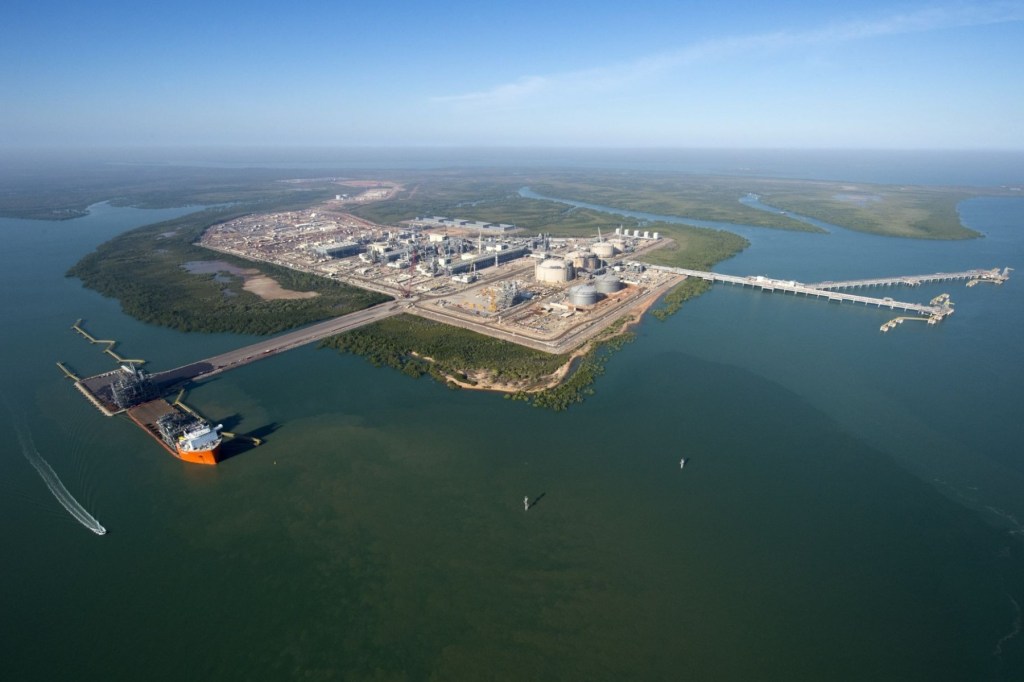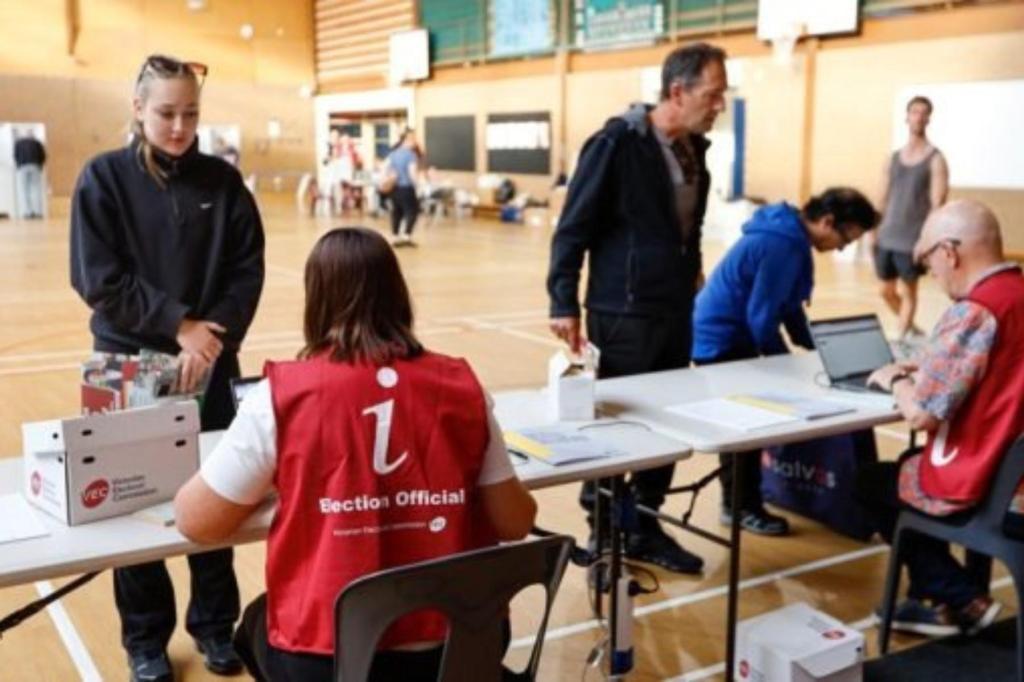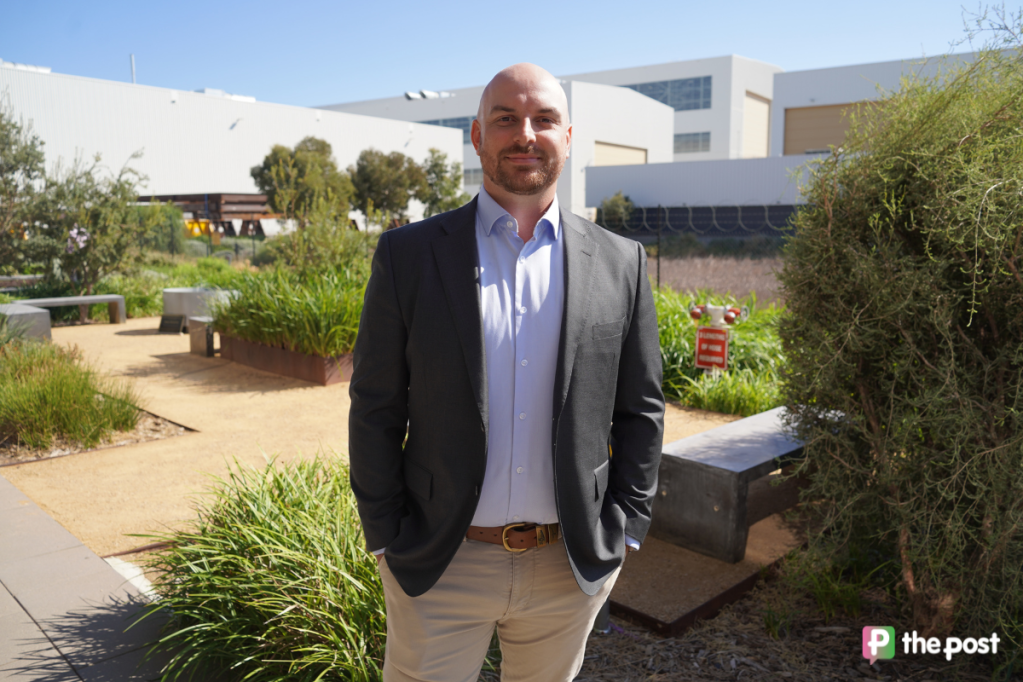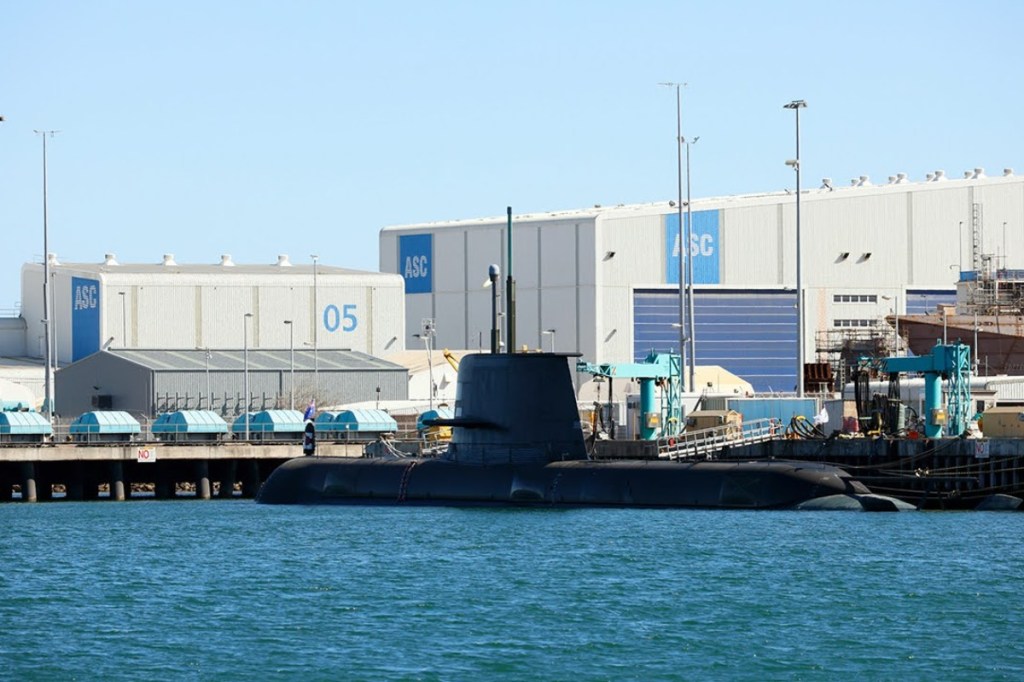Why Australians benefit little from gas exports and Japanese companies benefit a lot

The cherry blossoms are out here in Japan, a time to reflect on the beauty of nature and spend time with friends.
And Australia has certainly been a friend to Japan in recent years, particularly in relation to gas exports.
With the Australian election now focusing on gas exports, it is important to realise that Australia is one of the world’s biggest exporters of gas and Japan is one of the biggest importers.
However, Australians are often told that they face gas shortages, while, thanks to Australia, Japan has an adequate amount of gas not only for its own use, but also to on-sell to other countries.
Official Japanese Government statistics estimate that Japan bought roughly 100 million tonnes of liquefied natural gas (LNG) in 2023. Japanese domestic use was 60 million tonnes and the remaining 40 million tonnes was sold to external countries.
This was not an anomaly; it is Japanese Government policy.
You might like
Even though Japanese gas consumption is declining, Japan aims to keep importing 100 million tonnes of LNG per year and increase the reselling of gas to other markets.
Japan intends to increase gas trading not for the reason that Japan requires gas, but for the reason that Japanese companies dominate the markets for gas shipbuilding, gas-fired power station components and other gas infrastructure.
Japanese gas policy is not aimed at securing energy for Japanese customers, but for promoting Japanese companies and giving the Japanese government influence over neighbouring countries’ energy markets, including Thailand and Taiwan.
Again, this is Japanese government policy. It is not a secret, it is plainly stated in English on Japanese government websites.
Given this, it is difficult to comprehend why Australia gives such good deals to Japanese gas companies.
For example, INPEX is a Japanese company, 23 per cent owned by the Japanese government. It ships 9 million tonnes of LNG out of Darwin each year, mainly back to Japan.
Stay informed, daily
INPEX pays no gas royalties and, according to Australian Treasury (p180), neither INPEX nor any other gas exporter has ever paid Australia’s Petroleum Resource Rent Tax.
This effectively means that INPEX gets Australia’s gas for free. Australians own the gas, but INPEX extracts it and exports it without paying anything for it. No royalty, no resource tax.
INPEX doesn’t pay company tax either, despite its main Australian entity earning a profit of $3.8 billion in 2022, according to its most recent Tax transparency report (Table 4).
Australians benefit little from gas exports and Japanese companies benefit a lot. If I may speak on behalf of Japanese gas companies for a moment, I would like to say thank you. Thank you, Australia, for all the free gas.
However, it is important to understand that not everyone in Japan is happy with this gift. While it’s generous to give us your gas, your gift is causing greenhouse gas emissions to rise and exacerbating climate change.
Your free gas is slowing down Japan’s transition to renewable energy. Japan is on-selling your gas to other countries, slowing down their transitions.
Japan, like all countries, is being affected by climate change. We have over 1000 years of data on when cherry blossoms bloom and they have never bloomed as early as they have in recent years. Some studies suggest that in much of Japan, cherry blossoms might not happen at all by the end of this century.
While I don’t want to see an end to cherry blossom festivals, this is the least of the impacts that increased greenhouse gas emissions will have on the future of people and the climate. Impacts on crops, water supplies and the habitability of many areas are far more frightening.
Avoiding dangerous climate change means no new fossil fuel projects. No new gas projects should be developed in Australia, or anywhere else, no matter what Japanese gas company executives might say.
It is pleasing that all sides of Australian politics now acknowledge some of the problems caused by your gas exports to us.
The cherry blossoms will be over by 3 May when you eat your democracy sausages, but these issues will remain and your next parliament has a real chance to address them.
Yuki Tanabe is Program Director at the Japan Center for a Sustainable Environment and Society.







